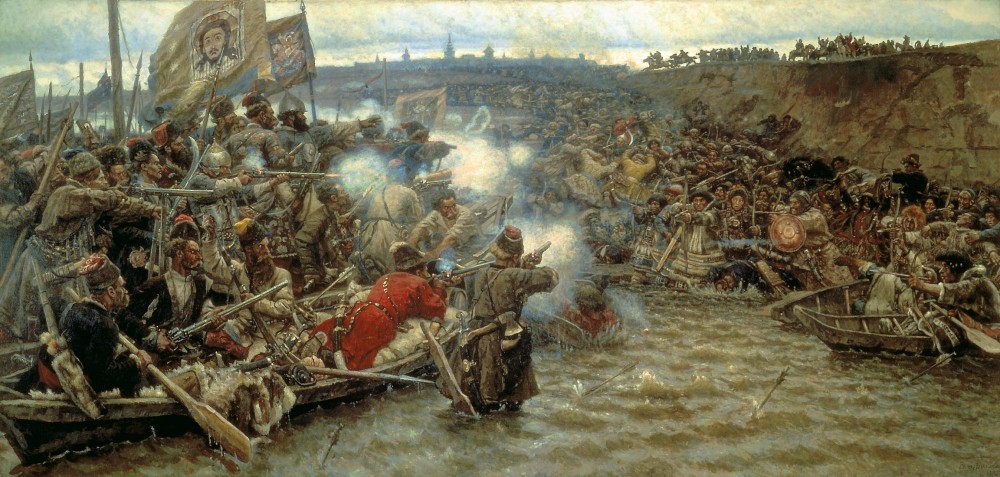Ever since Russia’s plans for a blitzkrieg and a quick occupation of Ukraine have spectacularly failed, the world has been trying to make sense of this war, its origins, scenarios, and possible aftermath. It is now evident that this war’s repercussions will affect the world order and existing power structures that have been in place since World War II. However, most media, think tanks, scholars, analysts, and culture professionals fail to develop a decolonial perspective on Ukraine-Russia relations. This is short-sighted and potentially dangerous.
To be able to discuss or report on Russia’s war on Ukraine it is essential to understand the nature of the conflict.
Contrary to what the news headlines suggest, this war didn’t begin on 24 February. It began in March 2014 when Russia occupied Crimea and parts of Donbas in East Ukraine.
Today’s Russian invasion is a neocolonial war on a sovereign and peaceful country, an attempt to restore Russia’s imperial geopolitical blueprint. Ukraine’s resistance is a decolonial struggle to break away from the former empire and to continue nurturing a pro-Western political nation. Therefore, both countries’ existential objectives are mutually exclusive.
Attempts of Western institutions to "reconcile" Ukraine and Russia and provide a platform for dialogue (which Ukraine didn’t ask for) are deeply colonial and arrogant.
Such is the sentiment for "the great Russian culture" and refusal to suspend cultural cooperation with Russia.
[bctt tweet="Today, supporting Russian voices, who have always been in a much more privileged position internationally, is a distraction from the war crimes and atrocities Putin and the Russian state keep committing in Ukraine." username="EuromaidanPress"]
Today, supporting Russian voices, who have always been in a much more privileged position internationally, is a distraction from the war crimes and atrocities Putin and the Russian state keep committing in Ukraine.
It is the Ukrainian people who must be in the spotlight, able to speak their own voices and define frameworks for dialogue and reconciliation.
Any reconciliation with Russia can truly begin only after Russia fully withdraws from Ukraine, including Crimea and Donbas, and an international tribunal holds Russia accountable for its war crimes.
Putin’s regime must fall, and the next democratically elected leadership, the media, and the civil society must unconditionally condemn and apologize for the invasion of Ukraine. Russian society must reflect and learn lessons from its defeat.
Until then, any hastened and premature "reconciliation" would be very dangerous, leading to a new round of a re-colonization of Ukraine based on existing constructs and vocabulary. No dialogue should be possible without Ukraine’s consent and participation.
[bctt tweet="Any reconciliation with Russia can truly begin only after Russia fully withdraws from Ukraine, including Crimea and Donbas, and an international tribunal holds Russia accountable for its war crimes." username="EuromaidanPress"]
Decolonial studies have a huge challenge ahead: how to make sense of Russia after the war in Ukraine. Russia is a fascinating anachronism, a country that in the XXI century keeps relying on a completely obsolete foundation: its imperial paradigm and colonial past. This war is a chance to change and decolonize perspectives on Ukraine and Russia among Western intellectuals, academia, and media. Any step back would be our collective defeat.

Volodymyr Sheiko is the director-general of the Ukrainian Institute.
Related:
- Why Russia attacked Ukraine
- Nearly 60% of Russians support Putin’s war against Ukraine
- Amplify Ukrainian voices, not Russian ones
- Orientalism reanimated: colonial thinking in Western analysts’ comments on Ukraine
- Alternative history: how Russia seeks to annex Kyivan Rus
- The myth of “historically Russian Crimea”: colonialism, deconstructed




